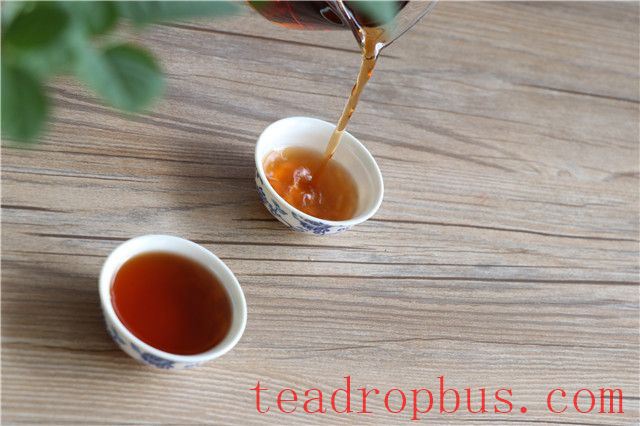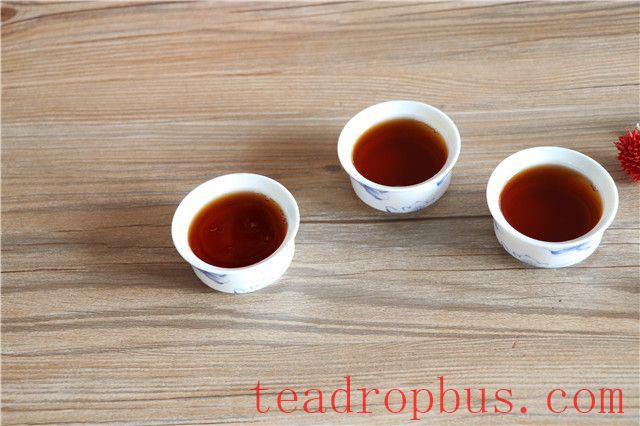Seniors Drinking Tea can have a certain preventive and therapeutic effect on hypertension, coronary heart disease, and other cardiovascular diseases. This is because the tea polyphenols and vitamin C in tea leaves have the effects of promoting blood circulation, dissolving blood stasis, and preventing arterial hardening. Therefore, seniors who regularly drink tea tend to have lower incidences of hypertension and coronary heart disease.

Tea drinking Benefits the Brain for Seniors
Many seniors enjoy drinking tea. Researchers at the University of California selected over 7,000 participants for several studies to analyze the impact of tea drinking on memory and mental alertness. The research confirmed that it has significant benefits for the brain.
The researchers recorded the frequency of tea or coffee consumption by the participants and conducted memory tests. Ten years later, when tested again, it was found that those who frequently drank tea had better memory retention as they entered old age. These research findings were published in the Journal of Nutrition Research.

In one study involving nearly 1,500 participants from Singapore, the results showed that those who drank more than four cups of tea per day had a 75% lower chance of experiencing memory decline. Even drinking one to three cups of Black Tea daily reduced the risk by 43%, particularly effective for women in preventing cognitive decline. However, the effectiveness of coffee in this regard remains unconfirmed.
The researchers believe that some compounds in tea play a role in slowing down the cognitive decline, including L-theanine, a phytochemical present only in tea and mushrooms. Actively preventing cognitive impairment can help extend the lifespan and improve the quality of life for seniors.
Precautions for Seniors Drinking Tea
(1) Do not drink tea immediately after meals:
Drinking tea right after meals causes tannins in the tea to coagulate proteins in food into granules. Since the digestive function of seniors declines, their bodies find it difficult to digest these granules, which can lead to indigestion and deficiencies in certain nutrients.

(2) Do not drink tea on an empty stomach:
Some seniors have the habit of drinking a cup of tea immediately after waking up, but this habit is not beneficial to health.
(3) Do not drink tea left overnight:
Leaving tea for too long makes it prone to contamination by pathogenic microorganisms, and the complex components in the tea can also change. Drinking tea left overnight can cause gastrointestinal illnesses.
(4) Do not drink tea before bed:
Tea contains Caffeine, theobromine, and theophylline, all of which have strong stimulating effects on the brain. Drinking excessive amounts of tea before bed can make it difficult to fall asleep and increase the frequency of urination. This not only affects sleep but may also lead to insomnia over time, especially for seniors with conditions such as neurasthenia, peptic ulcers, coronary heart disease, and hypertension.

(5) Do not drink cold tea:
Experiments show that drinking warm tea helps to reduce internal heat and is excreted through urine. Drinking hot tea can help disperse the cooling properties of tea using the body's own heat, leaving one feeling refreshed. Therefore, drinking warm tea in hot weather and hot tea in cold weather is appropriate. Some seniors like to chill hot tea and drink it cold, but this is not scientifically recommended. Drinking cold tea does not help to clear heat and phlegm and can instead have adverse effects on the spleen and stomach, as well as promote phlegm accumulation.
(6) Do not take medication with tea:
Tannins in tea water can combine with medications and precipitate, altering their properties and hindering absorption, affecting efficacy. Medications should be taken with plain water.
(7) Do not drink strong tea:
High concentrations of caffeine in tea can cause excessive excitement, leading to rapid heartbeat and arrhythmia. Seniors with conditions such as coronary heart disease, pulmonary heart disease, and hypertension should pay particular attention. Tea should be mild and not consumed in large quantities.